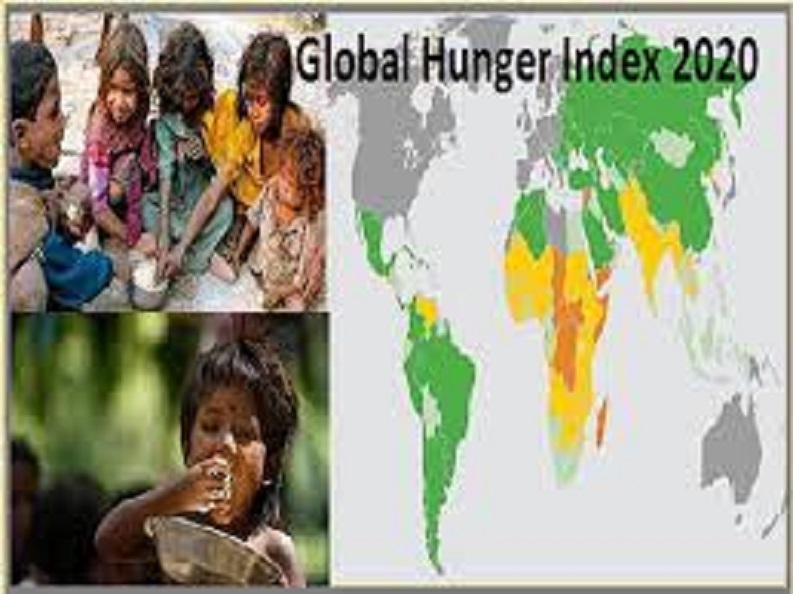Nigeria has been listed as one of the nine countries expected to experience worsening hunger throughout the year, according to the latest Global Hunger Index (GHI), a tool for comprehensively measuring and tracking hunger at global, regional, and national levels.
The index also highlighted Afghanistan, Haiti, Somalia, South Sudan, Sudan, Yemen, Burkina Faso and Mali as the other countries.
“Many countries are experiencing severe hunger in 2023, with the situation expected to worsen throughout the year. Though circumstances in 2023 are not yet captured by the data in this year’s GHI scores, early warning resources indicate that many areas of the world are in crisis.”
It said while conflict and climate change are key drivers of these crises, economic downturns are an even more pervasive factor.
“Nigeria ranks 109th out of the 125 countries with sufficient data to calculate 2023 GHI scores. With a score of 28.3 in the Index, Nigeria has a level of hunger that is serious.”
According to the United Nations, food insecurity is the lack of consistent access to food, which diminishes dietary quality, disrupts normal eating patterns, and can have negative consequences for nutrition, health and well-being.
Nigeria’s food inflation has been accelerating since August 2019 and now at a faster pace since the country floated the naira and removed petrol subsidy amid high malnutrition and hunger levels in Africa’s most populous country.
According to the National Bureau of Statistics (NBS), food inflation, which constitutes 50 percent of the inflation rate, rose to 30.64 percent in September, the highest in 18 years, from 29.34 percent in August.
The rise in food inflation on a year-on-year basis was caused by increases in prices of oil and fat, bread and cereals, potatoes, yam and other tubers, fish, fruit, meat, vegetables and milk, cheese, and eggs.
Meanwhile, in its recent food security update, The World Bank, listed Nigeria among the countries to face catastrophic levels of food insecurity in 2023.
According to the update released on June 29, acute food insecurity is expected to worsen in Nigeria, where 24.8 million people are projected to be acutely food insecure between June and August 2023, including 1.1 million people in emergency (IPC Phase 4) conditions.
![]()




























































